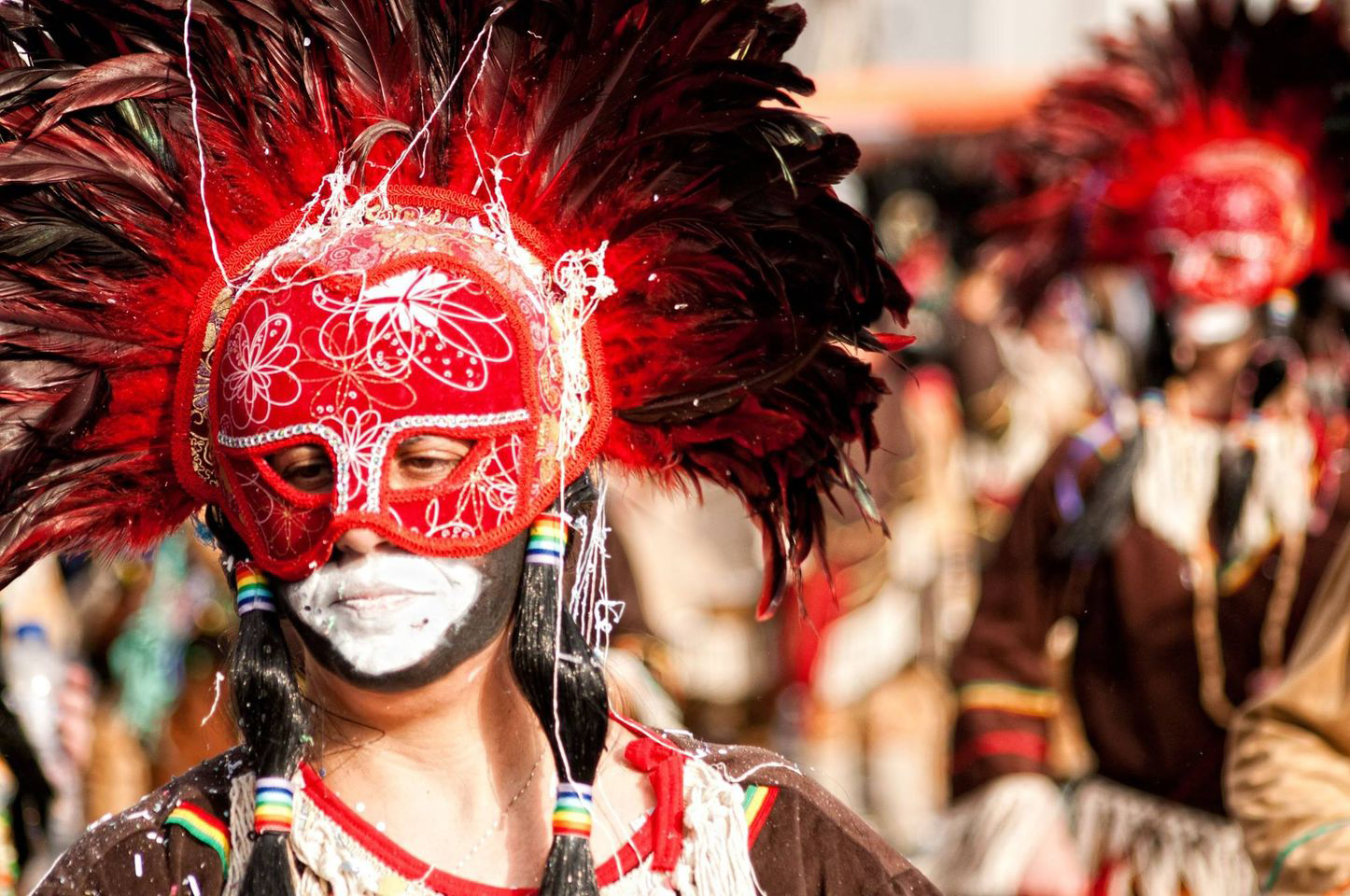When you mention the word carnival, images of scantily dressed women swaying to sensational Samba rhythms almost certainly come to mind. Carnival has become synonymous with Rio de Janeiro, and every year the city vibrates and pulsates with spectacular floats, singers, dancers and drummers all dressed (or not) in the most outlandish, elaborate costumes.
However, in 2021 Rio cancelled both the parade and the street parties when Brazil’s death toll surged as its vaccination campaign was off to a slow start. For the second consecutive year, organisers of the world’s greatest carnival fiesta have decided to postpone the event as the number of coronavirus cases in Brazil rises and the omicron variant spreads across the country.
Although not on the same scale as Rio’s world-famous carnival, Limassol is known as the island’s ultimate carnival capital, with parades and parties held throughout the city. Over the centuries, the ‘Apokries’ tradition was celebrated all over the island, however Limassol’s festivities grew in scope to the point where they became an integral part of the town’s identity and culture.
Sadly, this year’s vibrant and colourful Limassol parade, like its carnival counterparts around the world, will not take place due to the pandemic, but a variety of low-key events will be held to instil some sense of normality.
Parties and festivities aside, carnival is a significant date in the Christian religious calendar as a festive season preceding Lent and usually centres around a public celebration and parade with its participants dressing up in masquerade costumes.
Carnival, like so many other things, has its physical origins in the Ancient Greek Spring Festival, which was dedicated to Dionysus, the god of wine. Similarly, the Romans adopted and adapted the Greek festival, dedicating the celebration to Bacchus, their equivalent.
Once Christianity staked its claim on Roman traditions, the Roman Catholic Church took this massive excuse for a party and modified it to lead up to Ash Wednesday. The supposedly milder Catholic events turned out to be a massive celebration of indulgence – all the things that were to be denied and forbidden during the 40 days of Lent, including music, food, drink, and sexual relations – in other words, all of life’s pleasures.
The forty days of abstinence from all fun and enjoyment known to man were now preceded by a solid week of hedonism and celebration of the most sinful activities. In fact, the word carnival derives from the Latin phrase ‘farewell to the flesh.’
Since the origins are Latin and came from the Catholic Church, it stands to reason that the roots of modern-day carnival come from Italy, subsequently spreading throughout the rest of Catholic Europe, and with the advent of colonialism, the practice quickly spread to parts of the rest of the world, with a prevalence to the areas of slavery, hence the popularity in places like Brazil and New Orleans.
The most famous carnival, however, is that of Rio de Janeiro in Brazil, and it should come as no surprise that, in some places and instances, it has evolved into a full-time business.
Samba, as we know it, emerged when slavery was abolished, and the subsequent arrival of black Brazilians in Rio’s slum areas. It is primarily a mix of music from Angola called Semba, European Polka, African drums, and a few other Caribbean sounds.
Samba now dominates Rio’s Carnival, with the parade filled with people and floats from various Samba schools competing against one another. There is a high level of competition, with each school choosing a different theme for their entry. Planning begins a year in advance, as schools choreograph their numbers, add fine details to their costumes, and construct a large float that will set them apart from the competition.
On the home front, we may not be as competitive as our Brazilian counterparts, but we do have our fair share of rivalry; contestants compete to see which act performed the best, which entry had the best float, and which costumes wowed the most people. Despite the postponement of this year’s parade, the festivities, according to the Limassol mayor, will “shake up the rhythms of our everyday life and invite us all to put aside our worries, concerns and problems, and live moments of joy and carefreeness.”
Blinded by the light, it is easy to forget that we are, unfortunately, still in a pandemic. But should that really deter us? While the chances of the virus spreading at any one party may indeed be small, this does not licence throwing it. The question remains: To party, or not to party?







Click here to change your cookie preferences